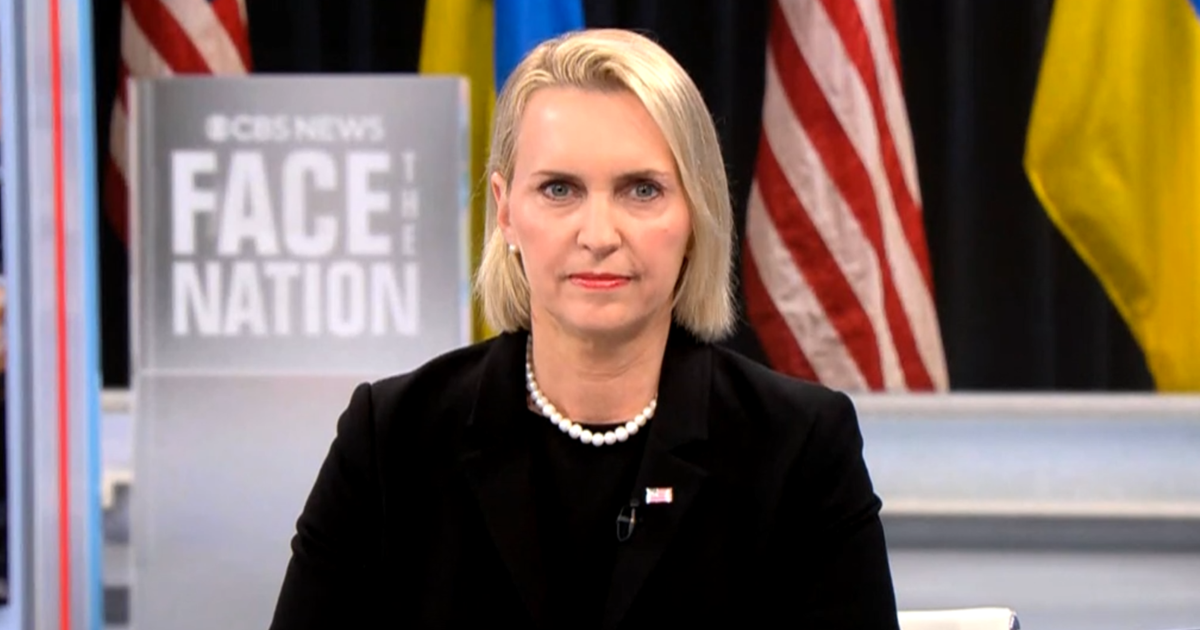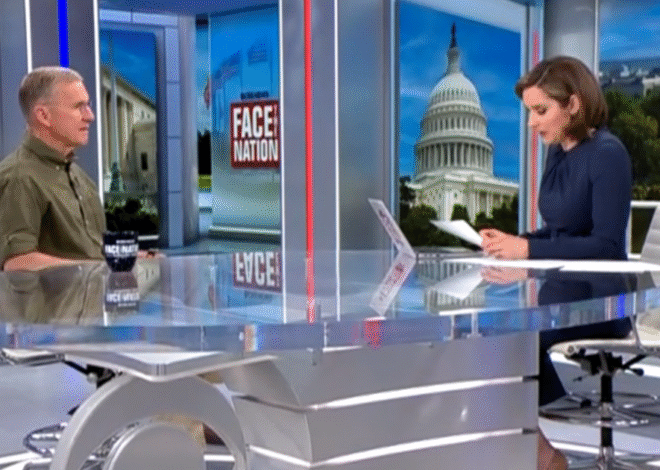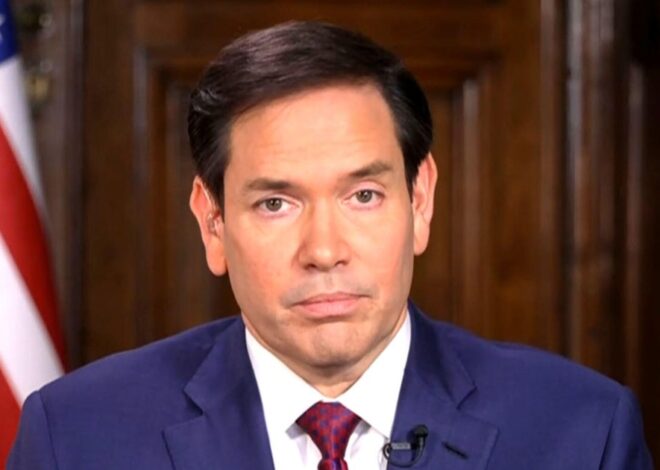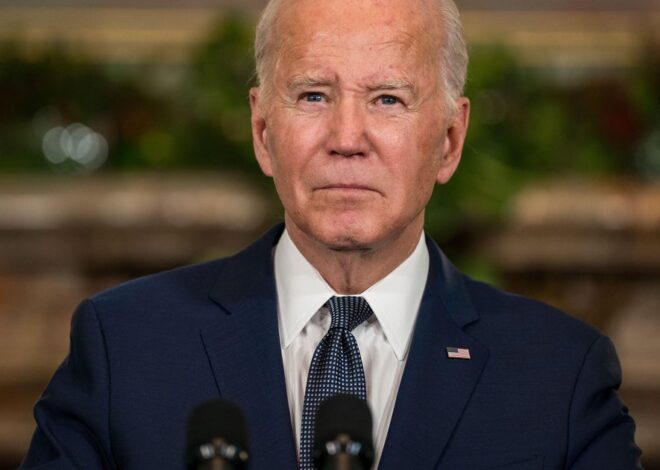
Interview Highlights: Former Ambassador Bridget Brink on “Face the Nation with Margaret Brennan,” May 18, 2025
A Diplomat’s Dilemma
It wasn’t your typical resignation. Ambassador Bridget Brink stepped down from her role as America’s leading diplomat in Ukraine with a message that seemed both daring and desperate. A veteran in her field, Brink had served for three decades, yet she chose to leave, feeling that her conscience couldn’t bear the weight any longer. Her public letter in the Detroit Free Press explained her decision, citing the U.S. administration’s skewed focus-pressuring Ukraine instead of the true aggressor, Russia.
When I first read about her resignation, it was as if someone pulled back a curtain. Brink had witnessed unimaginable scenes during her tenure. For three years, she watched as Russia hurled missiles and drones at innocent families. The intent was clear: disrupt Ukraine’s very existence, plunging it into darkness, quite literally, by targeting the energy grid in the dead of winter. These were not just attacks, they were war crimes, echoing the horrors of past conflicts we thought we’d never see again.
I often wonder, how does someone with such experience come to a breaking point? What makes a seasoned diplomat say, “enough is enough”? Brink shared that it wasn’t a rash decision. It brewed over months, a realization during a pivotal meeting between Presidents Trump and Zelensky. It became evident to her that the U.S. approach seemed to be squeezing Ukraine, leaving Russia somewhat unchecked. It’s a chilling thought that, perhaps, peace was being sought at any cost, a route that Brink believes leads not to resolution, but to further conflict.
Brink’s observations touch a nerve on many levels. America, the leader of the free world, holds significant sway over global affairs. The belief is that this power should be used to put pressure on Russia, not the victims. The economy, the geopolitical landscape, everything suggests that an unresolved war in Europe is detrimental to U.S. interests. Brink argues that America’s strategies need to be more robust-sanctions, political pressure-tools that should be wielded to bring Russia to a negotiating table, not out of desperation, but from a place of strength.
During her time in Kyiv, Brink witnessed firsthand the frustration from Ukrainian leaders. President Zelenskyy voiced disappointment over the U.S.’s muted response to Russian attacks, especially when innocent lives, young ones, were lost. The call for honesty is loud and clear: call it as it is. Russia is the aggressor, and saying otherwise does a disservice to diplomacy and justice.
The role of a diplomat often involves balancing delicate truths and harsh realities. Brink reflects this balance, having served under multiple presidents. Diplomacy isn’t just about peace; it’s about achieving peace that protects national interests. And for her, this means ensuring Ukraine’s freedom and sending a firm message to global powers like China.
Interestingly, there’s a broader narrative here. The State Department faces changes under Secretary Rubio’s plans to downsize and streamline. Brink and many others argue that reducing diplomatic capacity weakens America’s global influence. Diplomacy often works in the shadows, preventing conflicts, opening markets, and safeguarding citizens abroad. This isn’t always visible, but it’s vital.
Ambassador Brink’s departure isn’t just about policy disagreements. It’s a reflection of deeper challenges in global diplomacy and the personal toll it takes on those at the forefront. Her story is a reminder of the complexities faced by those tasked with steering through turbulent waters-where ideals clash with harsh political realities.



